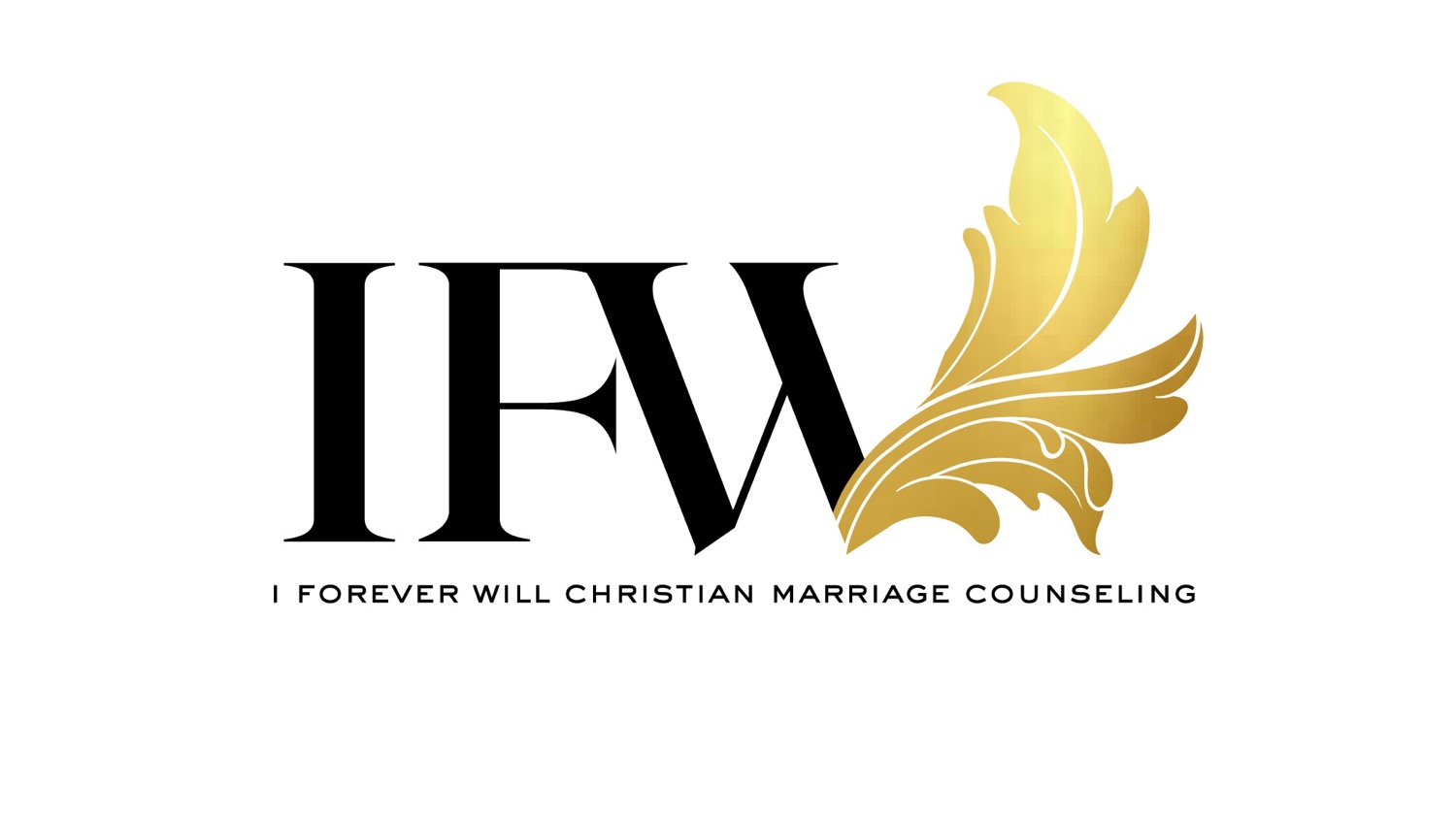Recognizing Toxicity in Relationships and Families
- Tory Smith
- Oct 26, 2023
- 2 min read

In the complex quilt of human interactions, relationships, whether in the context of marriages, families or partnerships, play a central role in our lives. The dynamics within these relationships have a profound impact on our emotional and psychological well-being. Identifying and addressing toxic dynamics is an essential step towards fostering a nurturing, healthy and supportive environment.
Toxicity in relationships, marriages, and families can manifest in various harmful ways, leading to emotional pain and dysfunction. It's crucial to recognize these patterns to create healthier and more supportive environments.
In this blog, we'll explore common forms of toxicity in these contexts and discuss the importance of addressing and resolving these issues.
1. Emotional Abuse Emotional abuse involves behaviors that belittle, insult, manipulate or control a partner or family member. This form of toxicity can erode self-esteem and emotional well-being, leaving lasting scars.
2. Physical Abuse Physical violence or threats of violence create a severe toxic environment, leading to physical harm, injuries, and emotional trauma.
3. Verbal Abuse Consistently using harsh language, yelling or using derogatory names can poison the atmosphere of any relationship or family.
4. Neglect Neglecting the emotional or physical needs of a partner or family members can be emotionally harmful and create a toxic atmosphere.
5. Gaslighting Gaslighting is a manipulative tactic where one person attempts to make another doubt their own reality, memories or perceptions. It can lead to confusion and self-doubt.
6. Controlling Behavior Excessive control over a partner's actions, such as isolation from friends and family, monitoring their every move, or making decisions for them, is a form of toxicity.
7. Passive-Aggressiveness Expressing anger or frustration indirectly and consistently avoiding direct communication can create tension in relationships.
8. Financial Control Controlling the finances to limit a partner's access or knowledge about financial matters is toxic and can lead to dependency.
9. Cheating and Infidelity Infidelity can cause profound emotional pain, loss of trust, and significant damage to a relationship.
10. Substance Abuse Struggles with substance abuse within a family can lead to a toxic and unpredictable environment.
11. Unresolved Conflict A pattern of never resolving conflicts can create ongoing tension and emotional distress.
12. Lack of Communication Ineffective communication or a reluctance to discuss important issues can lead to misunderstandings and resentment within the family.
13. Invalidation Dismissing or minimizing another person's feelings, experiences, or concerns can create emotional toxicity.
14. Parental Alienation In divorce or separation situations, one parent may attempt to turn children against the other parent, causing emotional harm.
15. Emotional Neglect Failing to provide emotional support, attention, or validation to family members can lead to feelings of neglect.
16. Cultural or Religious Intolerance When cultural or religious differences are not respected or accepted within a family, it can create a toxic environment.
Conclusion Recognizing and addressing toxicity in relationships and families is crucial for fostering healthy and supportive environments. Seeking help from a therapist or counselor can be a valuable step in addressing these issues and working toward healthier, happier relationships and family dynamics.
It's never too late to break free from toxicity and embrace healthier ways of interacting and relating to one another.
For more information on our counseling services, please contact us at info@iforeverwill.com;
Iforeverwill.com or call us at 346 349-6441.






Comments